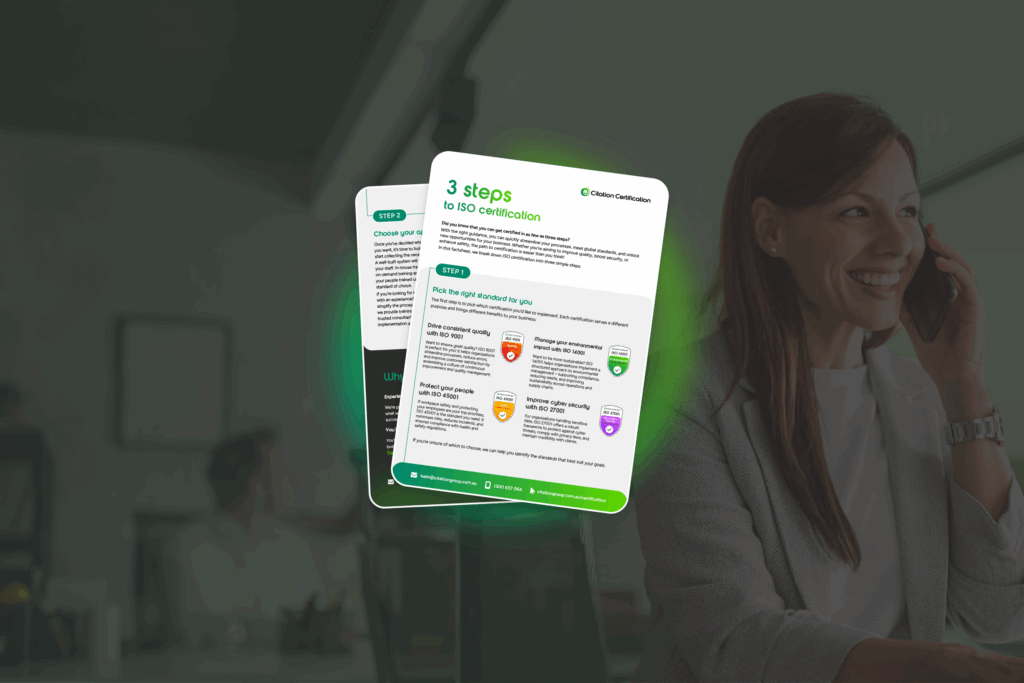
Most workplace grievances are somewhat unavoidable. But when you have different personalities and individuals of different backgrounds working together, conflicts will inevitably arise and sometimes there will be people who just simply don’t get along.
The key to resolving workplace grievances involves having detailed grievance management procedures in place, and, ensuring that managers and HR personnel are well-trained, and well-equipped to handle any complaints or issues that may pop up from time to time.
Many different types of grievances or complaints can arise in the workplace, and unfortunately, this means that there is no ‘one size fits all’ approach when it comes to investigating and managing complaints. Rather, the appropriate response will require the investigator or manager to consider the type of grievance or complaint that has been made and the specific issues at hand.
Here we take you through the types of workplace grievances that exist and ways you can manage and investigate them. Let’s get started…
What types of workplace grievances exist?
Many types of grievances may arise, ranging from minor interpersonal disputes right up to serious allegations of bullying or harassment. Grievances may take the form of:
- Issues between staff members;
- Complaints about pay rates or other working conditions such as workloads;
- Poor working conditions; and
- Bullying or harassment allegations.
How to manage complaints
While informal counselling or mediation might resolve more personal issues between two staff members, allegations of discrimination, sexual harassment or bullying or harassment will require you to take a firmer, swifter and more formal response.
Regardless of the type of grievance or complaint that lands on your desk, employers have a duty to employees to investigate and respond accordingly. Failing to respond appropriately carries potential legal risks including claims of workers’ compensation, constructive dismissal (where the employee feels they have no choice but to resign) and even claims of workplace bullying against management for failing to take or taking inappropriate action.
In a 2020 case, the Fair Work Commission (FWC) heard an unfair dismissal matter centred around workplace bullying complaints. The FWC found that the failure of the employer to “appropriately investigate and deal with serious allegations made by the Applicant about his treatment by a supervisor and a co-worker” had the “probable result” of the employee feeling that they had no choice but to resign.
The employee had initially made an unfair dismissal claim after resigning, arguing he was constructively dismissed. The employee had made several complaints of workplace bullying, harassment and discrimination by his supervisor and a colleague. The shift manager and human resources officer to which the complaints were made failed to take any action. The employee resigned, stating he no longer felt safe at work.
The employer lodged a jurisdictional objection, stating the employee had resigned and could therefore not have been unfairly dismissed. In considering the evidence, the FWC found that the failure to investigate caused the employee to resign.
Accordingly, it was found the employee was entitled to have the fairness of his dismissal considered at a future hearing, thus highlighting the importance of undertaking due process.
Grievance or complaint investigation process
When a workplace grievance is raised, it should be taken seriously by management, no matter how trivial the manager or human resources officer thinks it may be. Investigations should be conducted objectively, having regard to the evidence available.
When managing complaints, businesses should develop a grievance or complaint investigation checklist, which will assist in investigating the matter appropriately, and will reduce the risk of a worker escalating their concerns to an external body, such as the FWC.
A checklist may involve steps including:
- Interviewing the complainant and identifying the nature of the grievance/complaint.
- Considering any WHS management processes if the allegations relate to a health and safety risk.
- Appointing an appropriate investigator (this may be an internal investigator, or, if the business does not have the means to investigate internally, engaging an external investigator).
- Interviewing any witnesses and gathering necessary evidence.
- Considering the evidence and deciding on the balance of probabilities (that is, is it more likely than not that the alleged conduct occurred?)
- Create an investigation report.
- Conduct a disciplinary process with the respondent (if the allegations are substantiated and serious enough to warrant disciplinary action).
Investigations must be conducted in a confidential, impartial and non-biased manner.
Whether you’re a seasoned HR professional or starting to manage HR and WHS matters, the team at Citation HR is here to help. If you have a question about the information in this article, please reach out to us.








